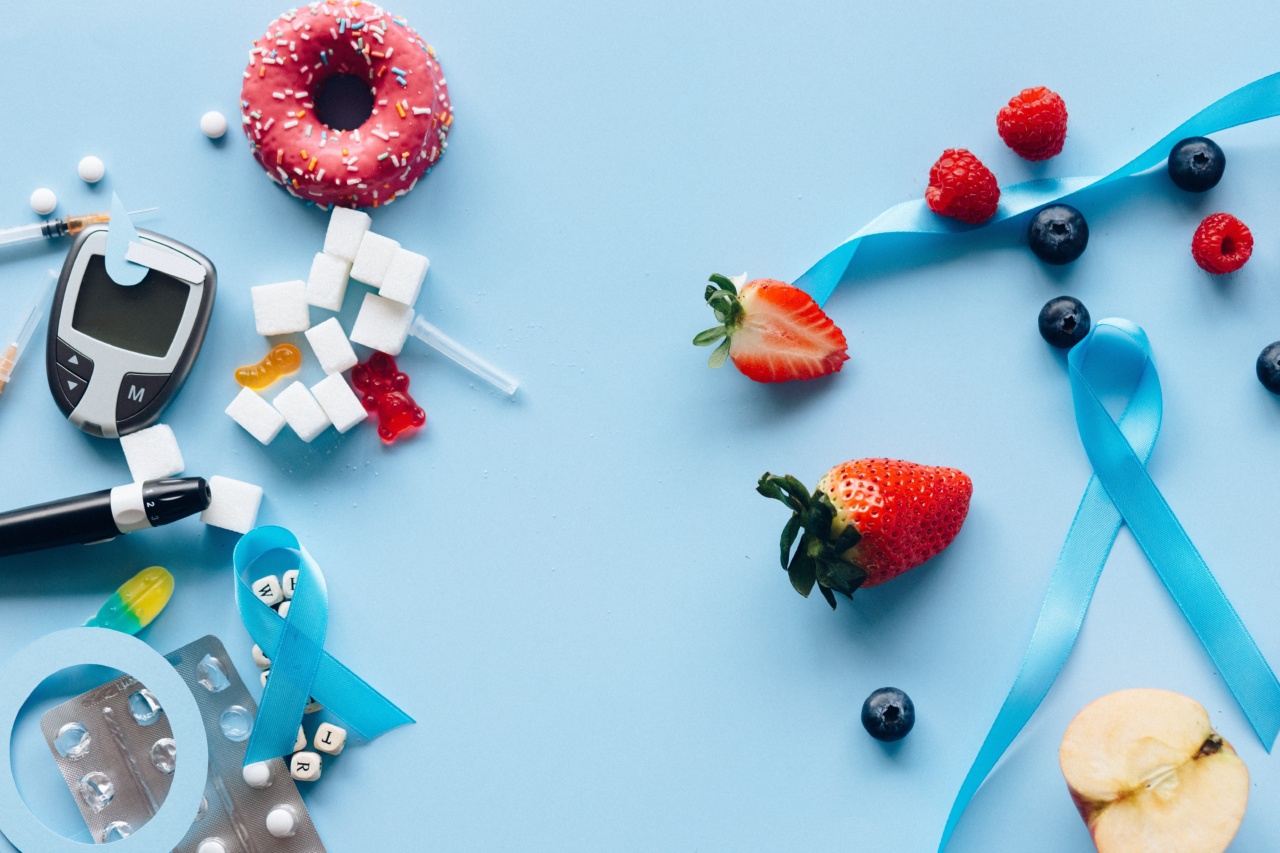Coronary heart disease (CHD) and menopause are two significant health concerns that affect women as they age. Both conditions can have a profound impact on a woman’s overall health and well-being.
It is crucial for women with CHD and undergoing menopause to pay extra attention to their diet. A well-balanced and heart-healthy diet can help manage these conditions and reduce the risk of complications.
In this article, we will explore the importance of diet for women with coronary heart disease and menopause, and provide some dietary recommendations to improve their overall health.
Understanding Coronary Heart Disease
Coronary heart disease is a condition where the blood vessels that supply the heart with oxygen and nutrients become narrowed or blocked due to the buildup of plaque. This can lead to chest pain, shortness of breath, and even heart attacks.
For women, the risk of developing heart disease increases significantly after menopause. Estrogen, a hormone that offers some cardiovascular protection, declines during menopause and can contribute to the development of CHD.
Therefore, women with CHD need to focus on a heart-healthy diet that can help manage their condition and prevent further complications.
A heart-healthy diet consists of foods that are low in saturated and trans fats, cholesterol, and sodium, while being rich in fruits, vegetables, whole grains, lean proteins, and healthy fats.
The Role of Diet in Managing Coronary Heart Disease and Menopause
Diet plays a crucial role in managing both CHD and menopause. A well-balanced diet can help control the risk factors associated with these conditions, such as high blood pressure, high cholesterol levels, weight gain, and inflammation.
Here are some key dietary recommendations for women with CHD and menopause:.
1. Increase Intake of Fruits and Vegetables
Fruits and vegetables are rich in vitamins, minerals, antioxidants, and dietary fiber. They help reduce inflammation, lower blood pressure, and improve overall heart health.
Aim to include a variety of colorful fruits and vegetables in your diet, such as berries, leafy greens, citrus fruits, cruciferous vegetables, and tomatoes.
2. Choose Whole Grains over Refined Grains
Whole grains, such as whole wheat, brown rice, quinoa, and oats, are rich in fiber, which can help lower cholesterol levels and regulate blood sugar. Opt for whole grain bread, pasta, and cereals instead of refined options.
3. Incorporate Lean Proteins
Choose lean sources of protein, such as poultry, fish, legumes, and tofu. These protein sources are low in saturated fat and cholesterol, making them heart-healthy options. Avoid processed meats, as they are often high in sodium and unhealthy fats.
4. Limit Saturated and Trans Fats
Saturated and trans fats can raise cholesterol levels and increase the risk of heart disease. Limit your intake of foods high in saturated fats, such as fatty cuts of meat, full-fat dairy products, and fried foods.
Avoid trans fats found in many processed and packaged foods, such as cookies, cakes, and margarine.
5. Include Healthy Fats
Healthy fats, such as monounsaturated and polyunsaturated fats, can help lower bad cholesterol levels and reduce inflammation. Include sources of healthy fats in your diet, such as avocados, nuts, seeds, and olive oil.
6. Increase Omega-3 Fatty Acids
Omega-3 fatty acids have been shown to have numerous heart-protective benefits. Include fatty fish like salmon, mackerel, and trout in your diet, or consider taking fish oil supplements.
Flaxseeds, chia seeds, and walnuts are also good plant-based sources of omega-3 fatty acids.
7. Monitor Sodium Intake
Excess sodium consumption can raise blood pressure and increase the risk of heart disease. Limit your intake of processed and packaged foods, which are often high in sodium.
Choose low-sodium alternatives and flavor your meals with herbs and spices instead.
8. Stay Hydrated
Proper hydration is essential for overall health. Drink an adequate amount of water throughout the day to maintain optimal hydration levels. Limit the intake of sugary drinks and alcohol, as they can contribute to weight gain and other health issues.
9. Be Mindful of Portion Sizes
Controlling portion sizes is essential for maintaining a healthy weight and managing CHD. Use smaller plates and bowls to help manage portion sizes and avoid overeating.
Be mindful of calorie-dense foods, such as desserts and snacks, and enjoy them in moderation.
10. Seek Professional Guidance
Every individual is unique, and dietary needs may vary.
It is recommended to consult a registered dietitian or healthcare professional who can provide personalized dietary advice and help create a nutrition plan tailored to your specific needs and conditions.
Conclusion
Diet plays a vital role in managing coronary heart disease and menopause in women.
A heart-healthy diet, rich in fruits, vegetables, whole grains, and lean proteins, while low in saturated and trans fats, cholesterol, and sodium, can help manage risk factors and promote overall health. It is essential to make dietary changes, stay physically active, and seek professional guidance to ensure optimal management of coronary heart disease and menopause.
Remember, small changes in your diet can lead to significant improvements in your overall well-being and reduce the risk of complications.





























